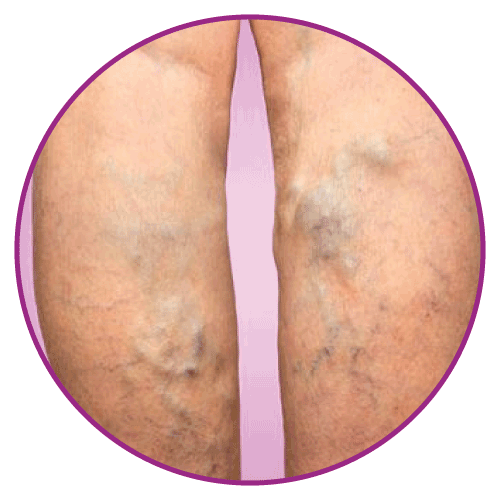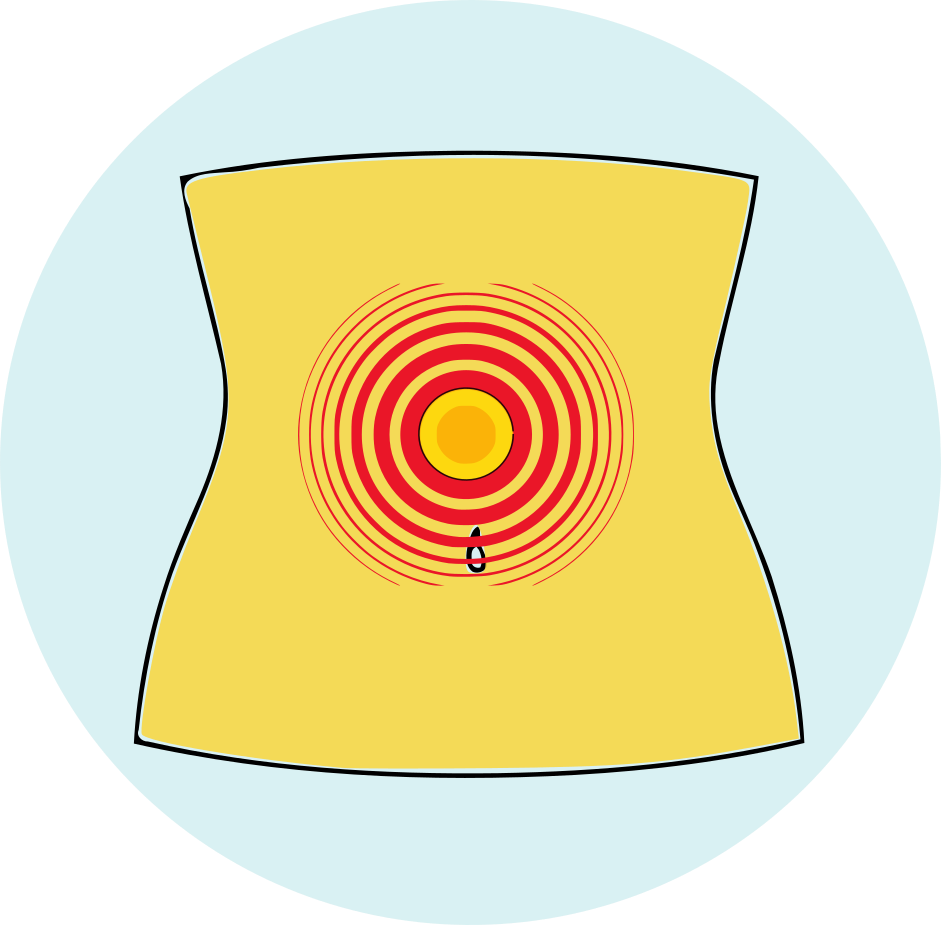| Name | Dipyridamole |
| Classes |
Coagulation Modifier Haematological Agent Diagnostic Agent Radiologic Agent Antiplatelet Agent |
| Diseases |
Cardiovascular Disease Thromboembolism |
Dipyridamole
Dipyridamole is an antiplatelet agent. Dipyridamole inhibits platelet function and thrombus formation. It achieves this through several mechanisms, including:
-
Inhibition of Phosphodiesterase: Dipyridamole increases intracellular cyclic-AMP (cAMP) levels by inhibiting phosphodiesterase. Elevated cAMP levels lead to decreased platelet aggregation.
-
Adenosine Uptake Inhibition: Dipyridamole inhibits the cellular uptake of adenosine, a nucleoside that has vasodilatory and antiplatelet effects.
-
Stimulation of Prostacyclin Release: Dipyridamole stimulates the release of prostacyclin, a vasodilator and inhibitor of platelet aggregation.
Dipyridamole tablets are indicated as an adjunct to coumarin anticoagulants in the prevention of postoperative thromboembolic complications of cardiac valve replacement.
The recommended dose is 75-100 mg four times daily as an adjunct to the usual warfarin therapy. Please note that aspirin is not to be administered concomitantly with coumarin anticoagulants.
Adverse reactions associated with Dipyridamole may include:
-
Common:
- Headache
- Flushing
- Dizziness
- Abdominal discomfort
-
Less Common:
- Hypotension
- Nausea
- Diarrhea
- Rash
- Coronary Artery Disease: Dipyridamole induces vasodilation and requires careful use in individuals with significant coronary artery disease, such as those with unstable angina or recently sustained myocardial infarction. The medication may worsen chest pain in individuals with pre-existing coronary artery disease who are undergoing dipyridamole treatment.
- Hepatic Impairment: Instances of elevated hepatic enzymes and liver failure have been documented in connection with dipyridamole administration.
- Hypotension Risk: Dipyridamole should be employed cautiously in patients with hypotension due to its potential to cause peripheral vasodilation. Careful monitoring of blood pressure is advised in such cases.
Contraindication
Hypersensitivity to dipyridamole and any of the other components.
None known.
None known.
 Bangla
Bangla English
English



